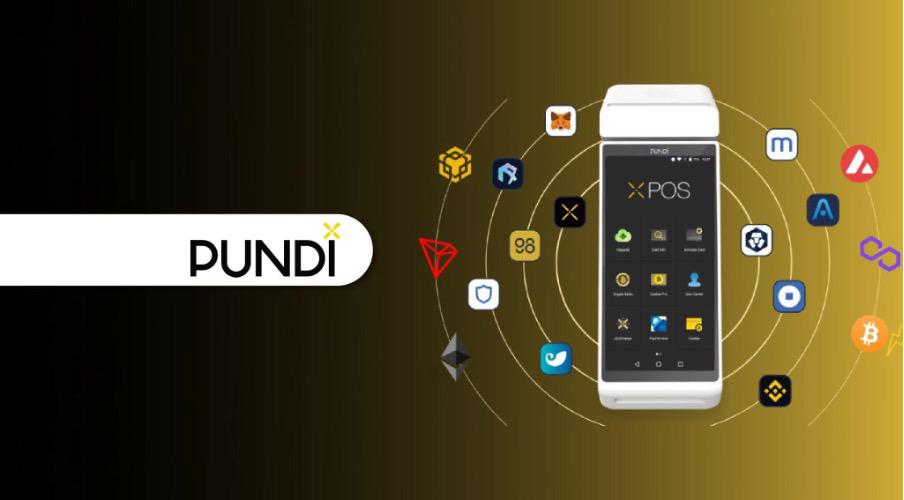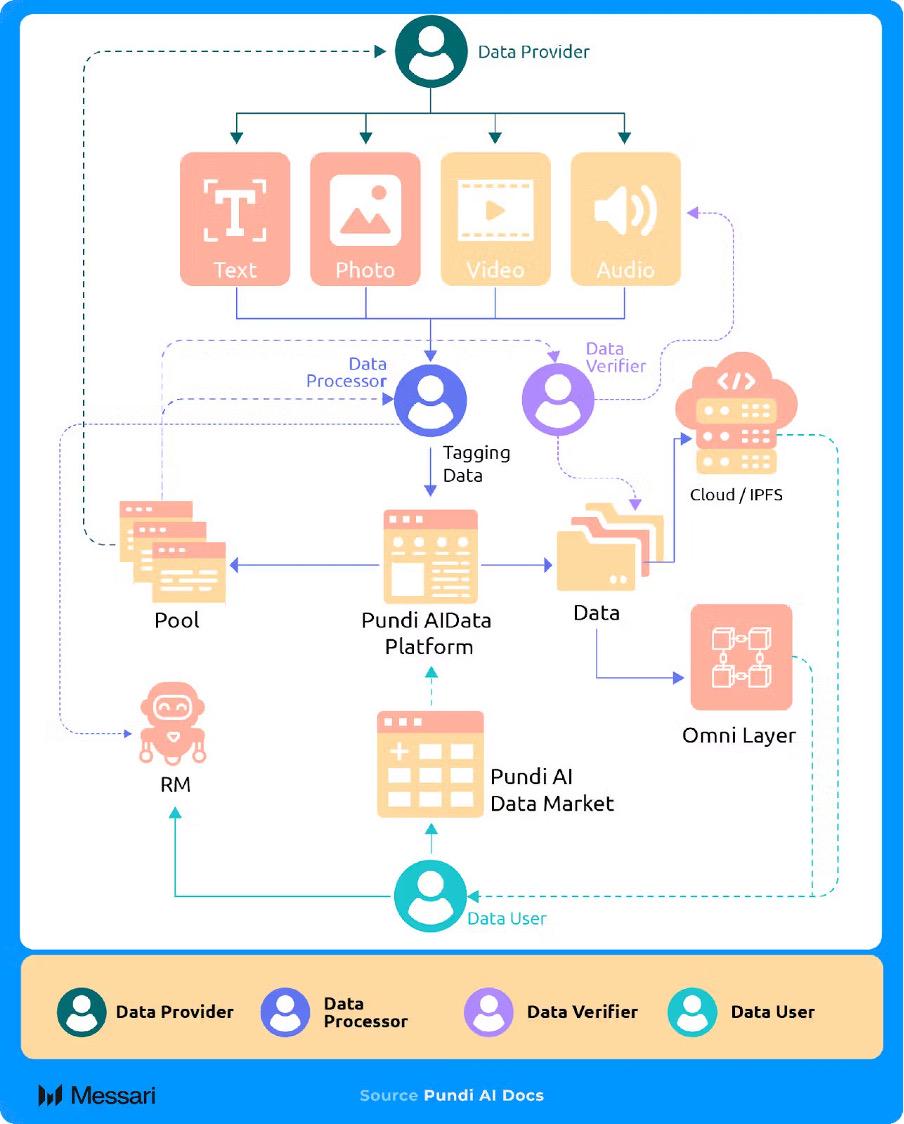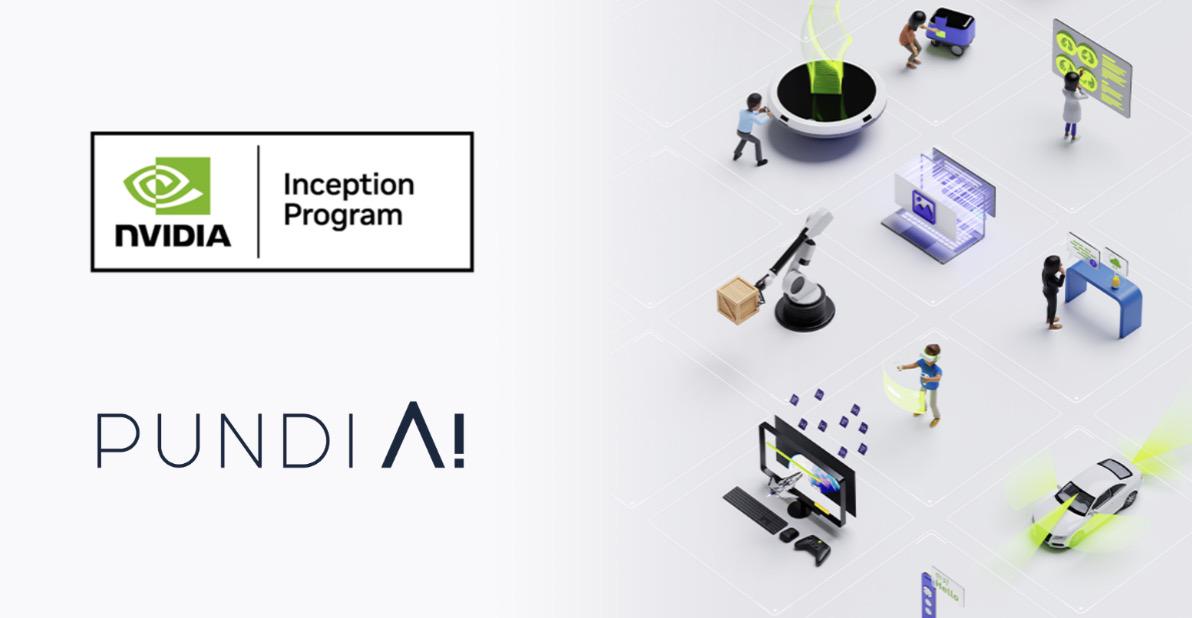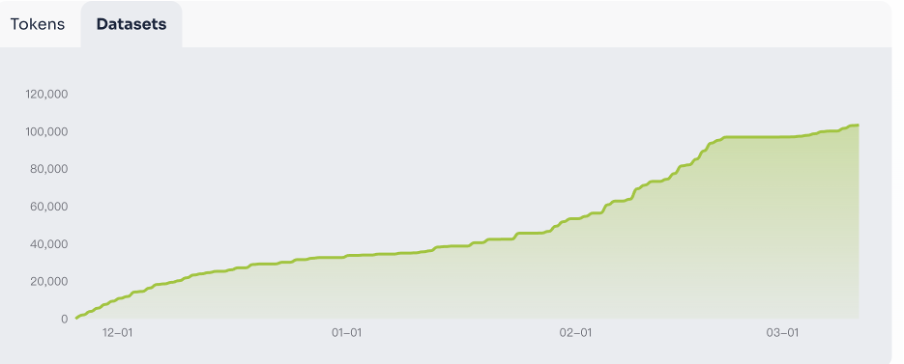Author: Nancy, PANews
Recently, the decentralized AI data layer Pundi AI completed its transformation through token replacement and brand upgrade, attracting market attention. In the current climate where the enthusiasm for Web3 AI Agents is waning, this established payment project has demonstrated its determination to pivot and its firm belief in the long-term development of AI.
Recently, PANews interviewed Danny, a core contributor to Pundi AI, who reflected on his entrepreneurial journey from payments to AI, sharing the team's technical solutions, insights into the Southeast Asian Web3 industry, and profound thoughts on the VC model and AI development. From Indonesia's QR code payment experiments to now breaking the global AI data bottleneck, Pundi AI's story is both a microcosm of technological iteration and a vivid portrayal of Southeast Asia's Web3 innovation exploration.
Indonesia's Entrepreneurial Journey: From QR Code Payments to AI Data Layer
From 2016 to 2017, Indonesia was one of the focal points of the digital economy in Southeast Asia. At that time, the region's internet development was booming with strong momentum. According to data from the Indonesian Internet Service Providers Association (APJII), the number of internet users in Indonesia surpassed 130 million during this period, accounting for over 50% of the national population (approximately 256 million).
The rapid proliferation of mobile internet, accelerated infrastructure development, and the rise of a young consumer demographic allowed the Pundi X team to keenly capture market opportunities, leading to the launch of QR code payment services in Indonesia. This entrepreneurial experience was a strong validation of the potential in Indonesia's payment market, but it also exposed a reality at the time: a large number of Indonesians still did not have bank accounts, making the convenience and inclusiveness of digital currency payments particularly important, planting the seeds for his subsequent explorations.
Fast forward to 2017-2018, the blockchain craze swept in, and the Pundi X team decisively pivoted, launching the Pundi X project and successfully completing a $50 million ICO. This is a blockchain-driven device developer that provides point-of-sale (XPOS) solutions, enabling merchants and consumers to transact on supported blockchains in physical stores. This payment function supports multiple blockchain networks, including Bitcoin, Ethereum, BNB Chain, and Polygon, and has been adopted in over 30 countries/regions across Asia, Europe, and Latin America, achieving positive progress in market influence and product adoption.

After years of deep engagement in crypto payments, Pundi X set its sights on the AI track in 2024. This year, AI technology continued to break through in various directions, and industrial applications flourished. "AI is a 'great cause'," Danny candidly stated during the interview. Thus, based on insights into AI data issues, Pundi X began to build a decentralized AI data layer aimed at solving industry challenges such as data monopolies, uneven quality, and privacy protection.
Launching a Three-Tier Data Quality Filtering System, Parallel Operations for Web2 and Web3 Businesses
From upstream technological breakthroughs to downstream application implementations, the main storyline of AI continues to evolve, gradually reconstructing the competitive landscape of industries, with countless scenarios and sectors welcoming intelligent empowerment. However, the core bottleneck in AI development is not computing power, but data—the scarcity of high-quality data, barriers of data monopolies, and privacy protection issues have become key pain points restricting industry progress.
"For AI startups, the scarcity of free data in the market is a challenge: not only is the quantity low and updates slow, but the quality is also uneven; meanwhile, acquiring data from giants is very costly. At the same time, data providers often face the dilemma of meager compensation and lack of copyright protection, with no rights to share in the profits generated from subsequent works," Danny pointed out.
To address these pain points, Pundi AI innovatively launched a three-tier quality filtering system to ensure high standards and reliability of data. The first tier is "continuous peer review," where different annotators (e.g., A, B, C, D) repeatedly verify samples through a cross-annotation mechanism, ensuring consistency; the second tier involves AI Agents conducting automated reviews of all annotated samples; the third tier consists of manual sampling audits by nodes to further enhance data credibility.

"AI improves production efficiency, while blockchain optimizes distribution relationships. Pundi AI leverages blockchain technology to achieve on-chain data rights confirmation and profit distribution. Data contributors can earn proportional rewards after their data packages are sold; more importantly, if the data package generates new data products, contributors can still share in the corresponding returns." From Danny's description, this transparent and traceable mechanism not only ensures copyright protection for data but also allows all contributors to share in the value-added results, injecting new vitality into the sustainable development of the AI ecosystem.
Pundi AI's business model is also unique, resembling a combination of "data supermarket + AI incubator." According to Danny, Pundi AI has created a complete product line, divided into Web2 and Web3 models based on different service targets and delivery methods.
In the Web2 model, after developers publish AI data tasks on the platform, annotators worldwide complete the annotations according to task requirements and receive compensation after quality checks. Once completed, the data enters the open market for sale, available for other developers to purchase and use. This process is similar to the subtitle group system in mainland China, utilizing a blockchain-based crowdsourcing system for task publishing and data exchange. However, unlike traditional annotation platforms, the copyright of the work completed by annotators belongs to the annotators themselves.
In the Web3 model, developers can not only purchase data from the open market to train their AI Agents but also issue tokens for that Agent through the Pundi AI platform. After issuing tokens, developers can also entrust their tokens to Pundi AI's AI MM Agent for on-chain market-making operations. Additionally, developers can apply to participate in Pundi AI's funding voting protocol (similar to Aerodrome's ve model). Once the project gains support from community members, it can receive weekly liquidity support.
Compared to traditional market makers, Pundi AI's AI MM Agent system demonstrates unique advantages in several aspects: (1) Low capital costs: Traditional market makers typically rely on two methods to acquire tokens: one is to purchase tokens at a discount, and the other is to buy tokens through options, which incurs high capital and communication costs. In contrast, AI MM Agent operates automatically, enhancing efficiency; (2) Low communication costs: Traditional market makers need to manage transactions and liquidity through complex communication and negotiation, while the AI MM Agent system reduces human intervention and communication costs through smart contracts and automated trading; (3) Moral hazard: Traditional market makers may not provide services due to losses, while AI MM Agent ensures continuous market liquidity; (4) Transactions targeting the mempool: Pundi AI is the first market-making system specifically targeting the on-chain memory pool (mempool), capable of responding more quickly to market changes; (5) Additional funding support: Through on-chain voting recognition, outstanding projects can also receive liquidity boosts.

During the interview, Danny also revealed Pundi AI's collaboration with Nvidia. Currently, Pundi AI has officially joined the NVIDIA Inception program, aimed at supporting startups that leverage technological innovation in the industry. By joining this program, Pundi AI will receive market expansion support, hardware discounts, cloud resources, and deep learning training, further accelerating product development and deployment. Additionally, in expanding the AI ecosystem, Pundi AI has collaborated with projects such as Flock, TGB, Twallet, and Fintax, while actively incubating new projects through AI competitions.
Comprehensive Upgrade Initiates a New Narrative, Ideals and Persistence Behind Non-VC Financing
Currently, Pundi AI has announced a comprehensive upgrade through token replacement and brand renewal. The official website shows that Pundi AI's dataset has exceeded 103,000, with total users surpassing 134,000.

"This is a time-consuming and labor-intensive decision (excluding shell projects), meaning that previous brand accumulation needs to be rebuilt from scratch, and new legal opinions and documents must be reapplied. At the same time, there is uncertainty regarding whether exchanges and partners (such as data statistics websites, nodes, browsers, wallets, etc.) will support this, as well as potential delays," Danny candidly stated during the interview.
Despite this, Danny believes this change is significant: at the brand level, it provides Pundi AI with an opportunity to re-narrate its story, allowing it to update its brand image and bring a new market positioning; technically, the previous token contract could not be upgraded, necessitating a completely new token contract. Additionally, Pundi AI made precision modifications to ensure that the new token could be differentiated in price from Pundi X, avoiding market confusion. Danny also revealed that the newly launched dual-token model references Aerodrome's ve (3,3) mechanism: $PUNDIAI is used for trading, payments, and governance; $vePUNDIAI represents long-term holding and voting rights.
It is noteworthy that, unlike many crypto projects that rely on external financing, Pundi AI has not publicly engaged in any financing. According to Danny, since launching the DeFi project Function X in 2019, the Pundi AI team has never accepted external financing, not even participating in KOL rounds, with all resources allocated entirely to the community. Danny explained that this choice is driven by several considerations: first, Pundi AI does not want to be coerced by capital, frequently receiving pressure from investors about when to issue tokens or go public. The team hopes to focus on what they truly want to do, without being swayed by external commercialization pressures; second, there may be a sense of veteran sentiment and idealism driving this choice. Pundi AI firmly believes that if the goal is merely monetization and listing, the path will become increasingly narrow; however, if the original intention is to create value for the industry and users, countless supporters will naturally gather along the way.
"In our view, fundraising is essentially about using past trust and future pressure to build current products. As for the VC tokens in the current market environment, our attitude is complex and cautious. The VC model is not inherently right or wrong; it has indeed accelerated the evolution of the market and technology. However, today's VC model seems to have changed, becoming synonymous with 'to exchange,' turning into a gathering of various parties, although there are also VCs that genuinely support project development," Danny candidly stated during the interview.
Despite AI penetrating various fields at an unprecedented speed, challenges still exist, especially in the crypto space, where the AI Agent sector has recently cooled down significantly. Danny believes this is mainly due to the fact that AI Agents have not truly improved production efficiency in the past few months; instead, they resemble MEMEs dressed in technological garb. Pundi AI chooses to leverage the technological advantages of AI and on-chain transactions to create AI Agents with practical application scenarios that address real pain points.
"We firmly believe that the Web3 + AI field will usher in a second or even third wave of development— as AI models become increasingly powerful and high-quality data continues to accumulate, more and more high-quality AI Agents will emerge. In the short term, applications closely related to trading are the most promising, such as AI Agents that enhance trading efficiency, increase profits, or improve security," Danny stated.
Southeast Asia's Web3 Landscape Shows Tiered Differentiation, Malaysia Holds Greater Advantage
In recent years, Southeast Asia's Web3 ecosystem has shown a thriving trend. In addition to Pundi AI, previously popular projects like Axie Infinity, Coin98, Virtuals Protocol, and Yield Guild Games all originated from this region, successfully igniting global attention on the blockchain potential of Southeast Asia.
Danny pointed out that the current Web3 industry in Southeast Asia can be divided into several tiers: in the first tier, Vietnam has emerged due to the rise of local projects, while Singapore has become a regional hub by attracting a large number of executives and teams; the 1.5 tier is represented by Malaysia, where several exchanges are rumored to have established branches in Kuala Lumpur; the second tier mainly includes Indonesia, the Philippines, and Thailand.
Among these Southeast Asian countries, Danny believes Malaysia's Chinese teams have unique advantages: in terms of mentality, Malaysia demonstrates strong resilience and a spirit of adventure; they learn quickly and can rapidly grasp cutting-edge technologies; their language advantage, with fluent Chinese and English, allows them to easily connect with Chinese-speaking communities and international resources; the technical accumulation is also noteworthy, as a large influx of engineers from China and Europe and the U.S. between 2020 and 2021 injected experience into local teams; additionally, Malaysia has lower development and operational costs, and its time zone advantage facilitates collaboration.
免责声明:本文章仅代表作者个人观点,不代表本平台的立场和观点。本文章仅供信息分享,不构成对任何人的任何投资建议。用户与作者之间的任何争议,与本平台无关。如网页中刊载的文章或图片涉及侵权,请提供相关的权利证明和身份证明发送邮件到support@aicoin.com,本平台相关工作人员将会进行核查。




